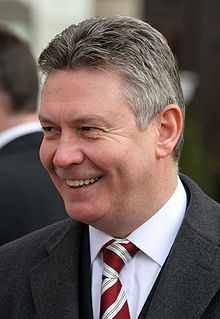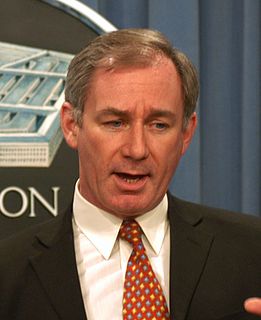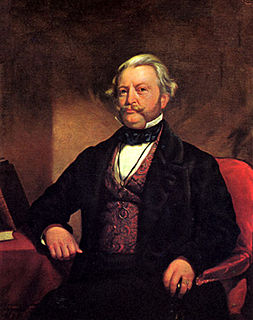A Quote by Thabo Mbeki
It is also important to respect the fact that Iran is a signatory to the nuclear non-proliferation treaty, which treaty spells out the rights and obligations of signatures to the treaty and therefore that we can’t deny Iran the rights due to it as a signature of the NPT.
Related Quotes
The basic problem with the Non-Proliferation Treaty is there's no teeth in it, no penalties for countries that don't comply. Worse, as you say, the very naïve structure of the NPT has actually made it helpful for countries who want to acquire nuclear weapons. Iraq, North Korea, Iran, all used the NPT to build up their nuclear programs.
I would like to clarify that our opposition to the Nuclear Non-Proliferation Treaty is not related to any consideration involving Pakistan. Our position on this important issue is consistent and principled. We are not ready to sign the NPT as it stands today because it is blatantly discriminatory in character.
If protesting against having a nuclear bomb implanted in my brain is anti-Hindu and anti-national, then I secede. I hereby declare myself an independent, mobile republic. I am a citizen of the earth. I own no territory. I have no flag. My policies are simple. I'm willing to sign any nuclear non-proliferation treaty or nuclear test ban treaty that's going. Immigrants are welcome. You can help me design our flag.
In fact, the Outer Space Treaty of 1967 bans militarization. Potential adversaries of the US, and even its allies, are so far behind that these countries are very interested in maintaining the treaty. Europe and the rest of the world want a strong reaffirmation of the Treaty and the US is unilaterally trying to derail it. Termination of the treaty would mean that the US could develop satellite weapons, put offensive weapons in space. It would probably mean using nuclear power in space. All of this leads to some very dangerous scenarios, including destruction of the species.
Iran's Supreme Court has issued a fatwa against the development of nuclear weapons. President [Hassan] Rouhani has indicated Iran will never develop nuclear weapons. I've made clear that we respect the right of the Iranian people to access peaceful nuclear energy in the context of Iran meeting its obligations.








































